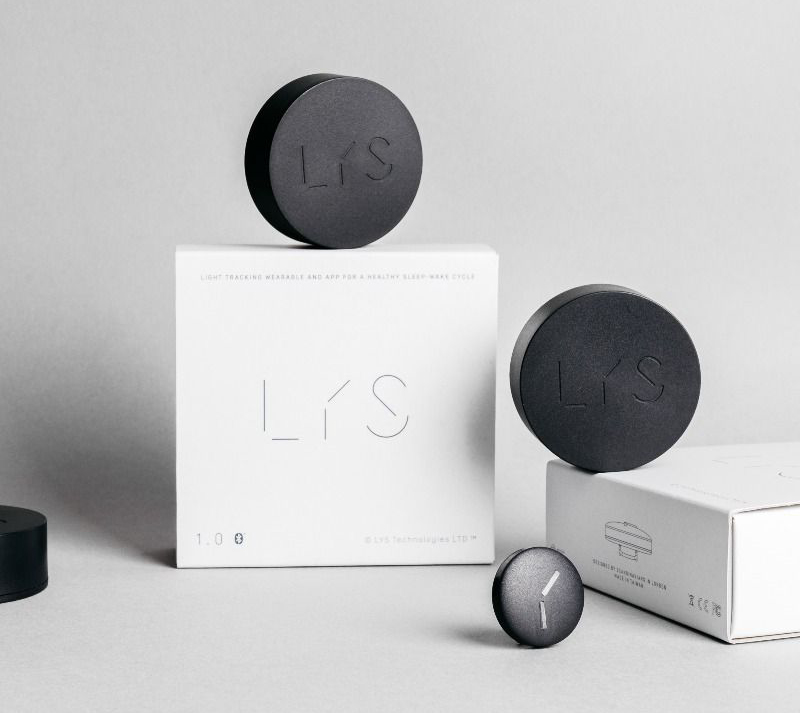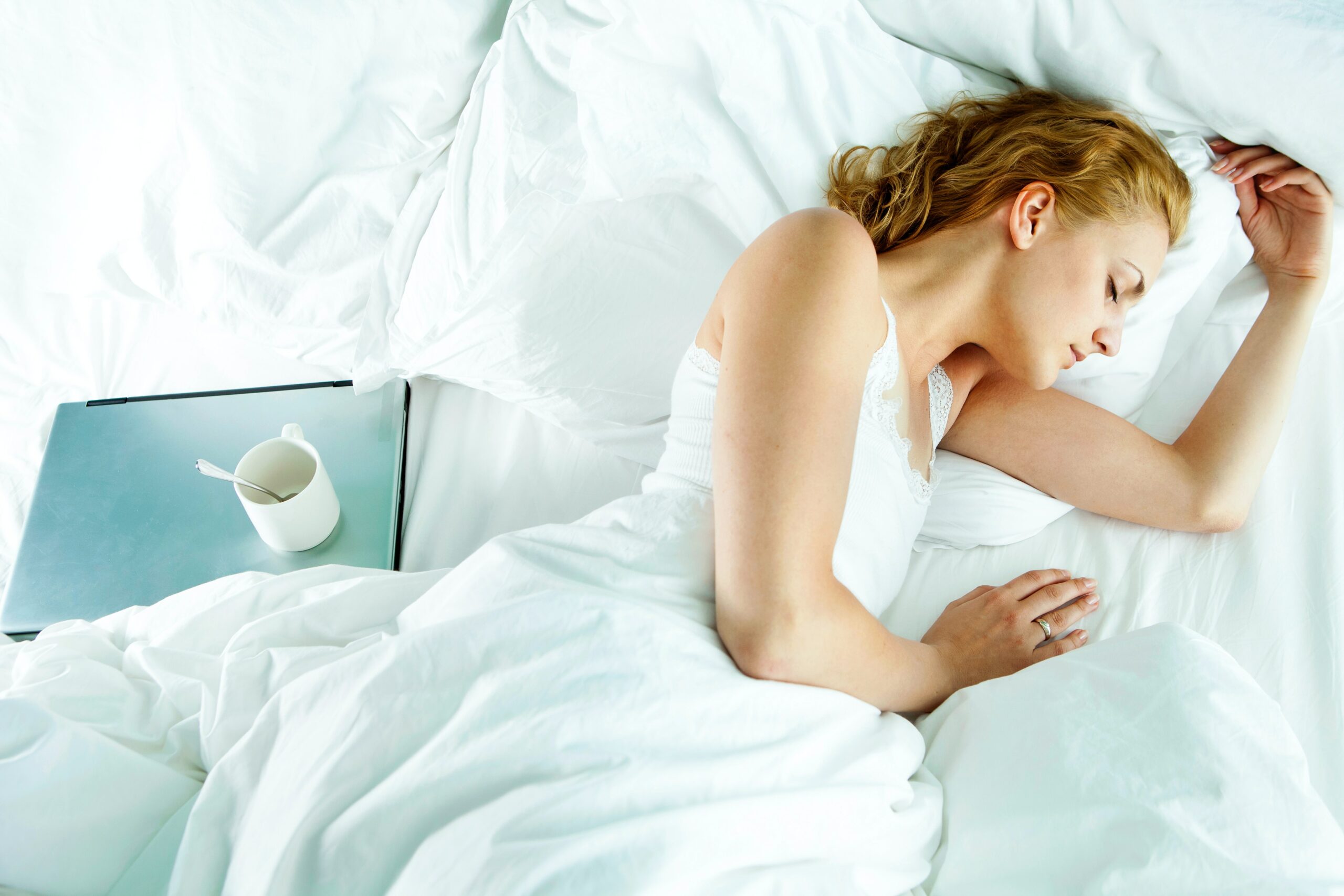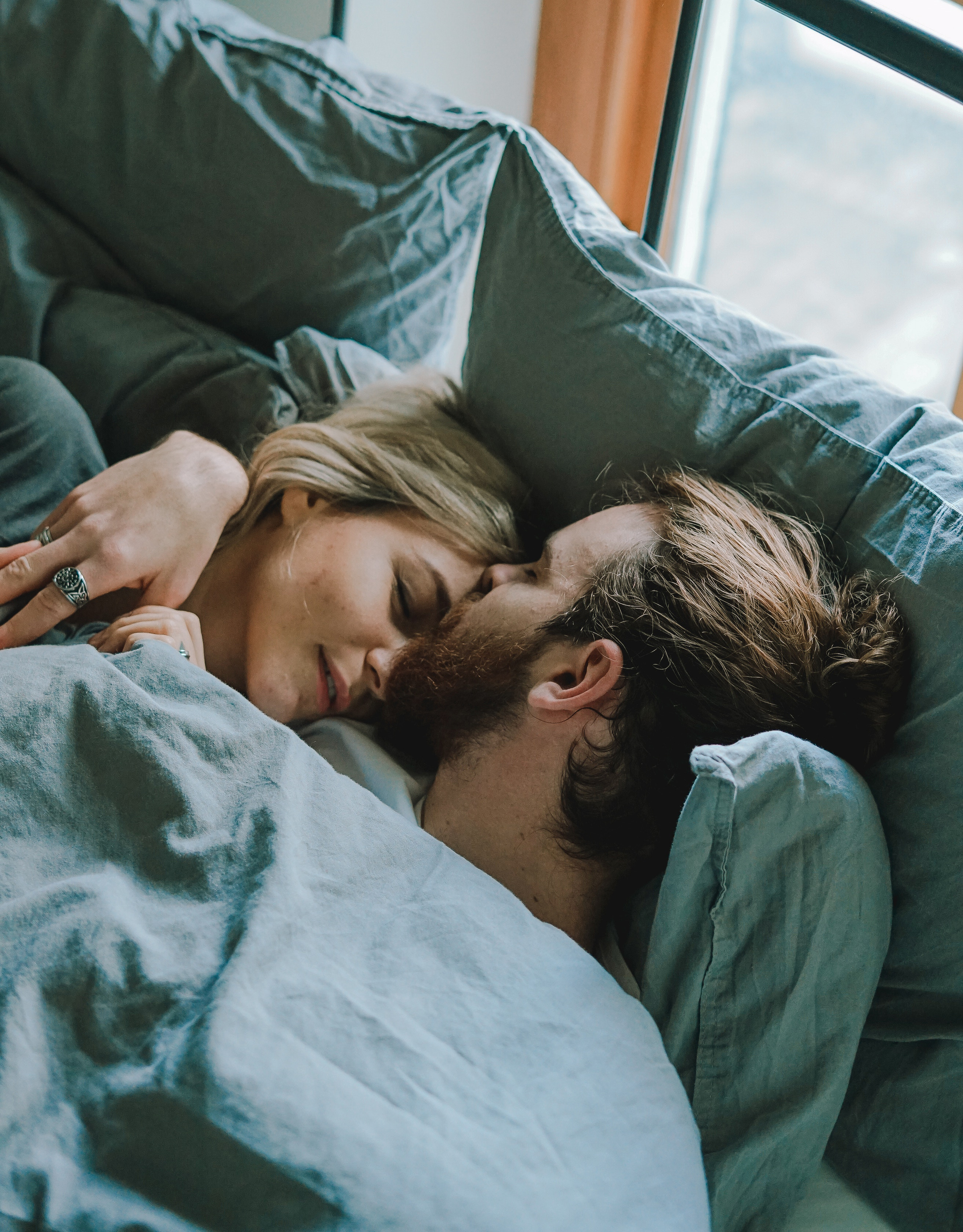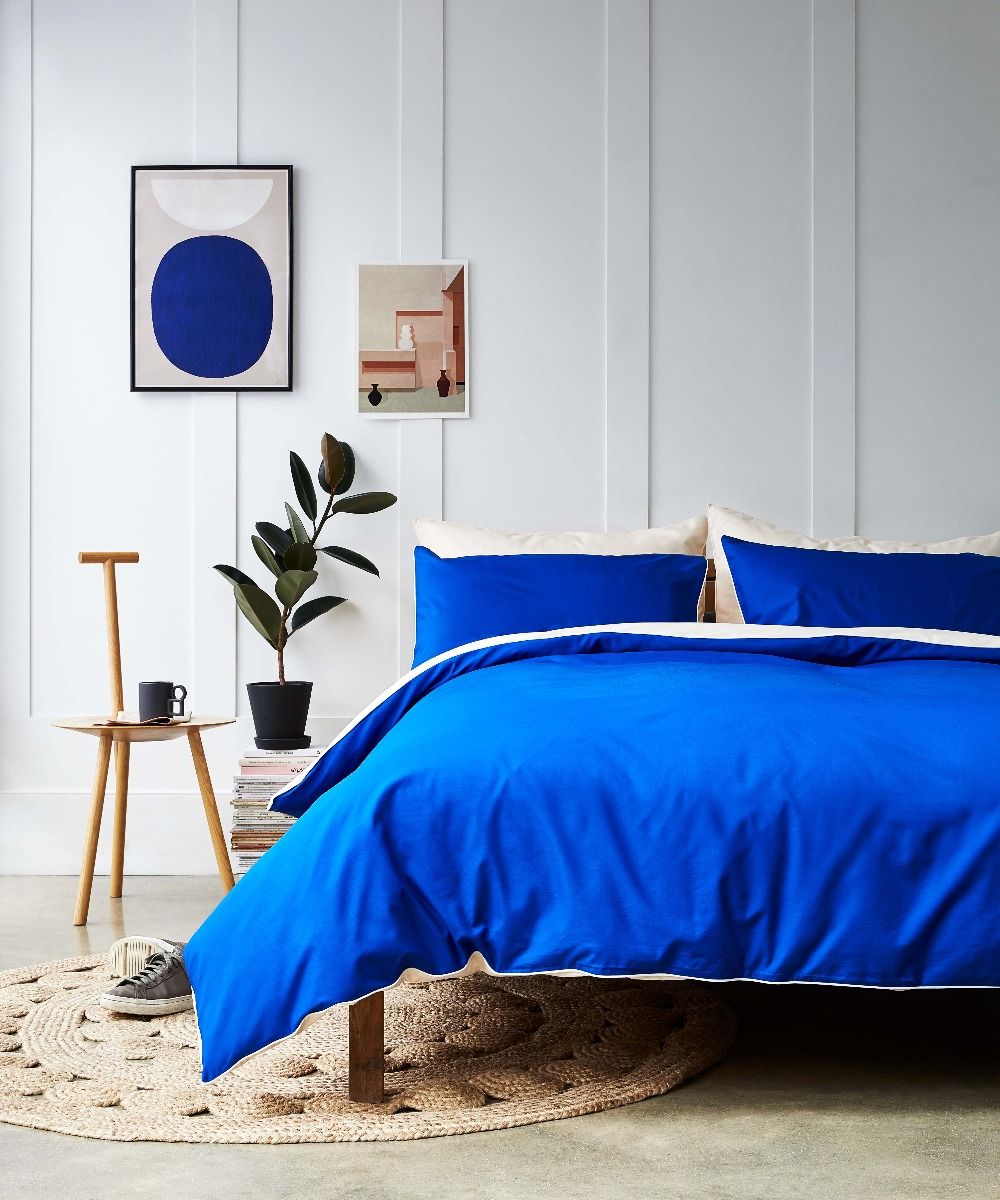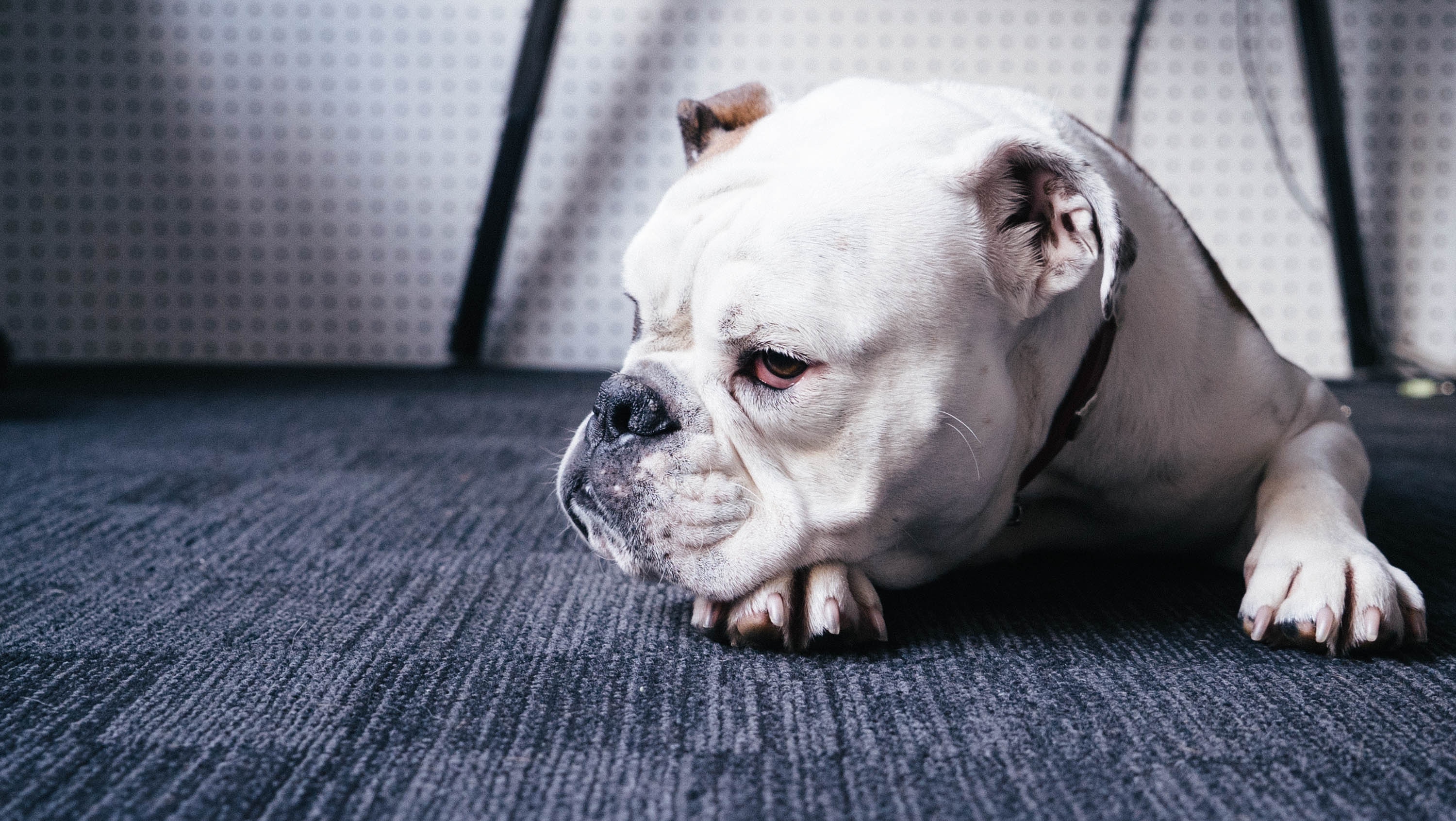Sleep, that magical thing we all probably do not let ourselves have quite enough of, has made a comeback. Not that it ever really went out of vogue, but in recent years what with strange sayings like “I’ll sleep when I’m dead”, the importance of sleep to our well-being and success needed a revamp— and a revamp it got.
Sleep today is on the rise. From countless sleep-monitoring apps, specialised bedtime routines and anything sleep-inducing, falling asleep (or at least trying to), has never been more accessible. But despite the spike in our interest and participation in ways to help us sleep better, studies show that sleep disruption continues to be a major issue. In Britain alone, for example, over 200,000 workdays are lost each year as a result of poor sleep.
Turns out, it’s not just diet or exercise or even routine, but that light has a whole lot to do with our sleep, too. Ever heard of circadian rhythms – that thing everyone is currently talking about which relates to infinite aspects of our life and well-being? Controlled solely by light absorbed through our eyes, these rhythms within our body trigger the production of hormones and basically tell our body when to prepare to sleep and when to be awake. Naturally, strong light makes us awake and dim light (you guessed it) makes us sleepy. The problem is, we have no natural alarm in our body to notify us when we’re getting the wrong type of light our body needs for specific times of the day or night.
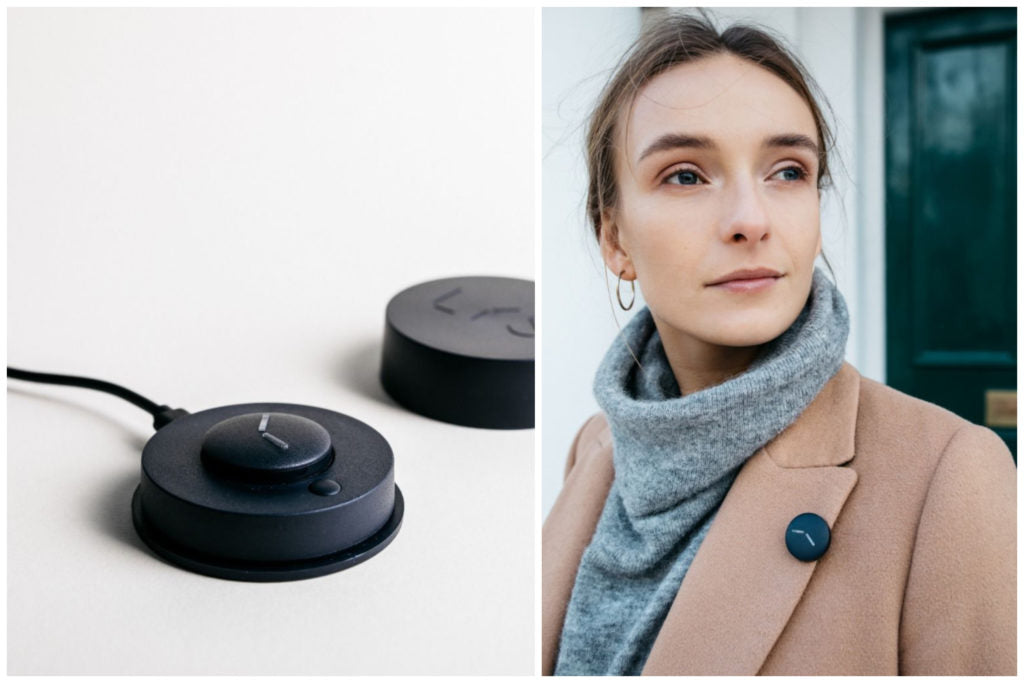
What’s the result of this you may ask? Social jetlag is the nickname, but generally speaking, not getting the right light at the right time for each of our daily routine makes our body out of synch with the usual 24-hour rhythm that we live by. It makes us sleepy in the afternoon (3 o’clock fatigue anyone?), and in turn keeps us up and restless at night when really, we just want to go to sleep.
Here are some quick tips for healthier light habits:
- To kickstart your circadian rhythms in the morning, open your blinds the minute you wake up and try to eat breakfast by a window.
- Can you shake up your commute routine? It’s important to get as much bright light in the first 30 minutes to 2 hours of your day. And before you say ‘it’s winter and grey’, even the greyest of winter days have more than enough brightness to get your body working and energised.
- Are you facing a window in your workplace? Can you move some desks around? If not, is the ceiling light bright enough? While during the day our body needs a lower intensity of light than in the morning, keeping your space bright throughout the day will help your body stay energised for longer and will reduce that afternoon fatigue.
- Keep your environment dimly lit in the 2 hours before your bedtime. This will help your body prepare for bedtime and begin the sleep process.
Want to know more about how light is affecting your well-being and how you can improve the quality of your sleep and your energy levels? The LYS Button will tell you how the light in your surrounding is affecting your body in real-time while giving you friendly nudges to get the light you need during the day and night.
To shop the LYS Button, click here.

